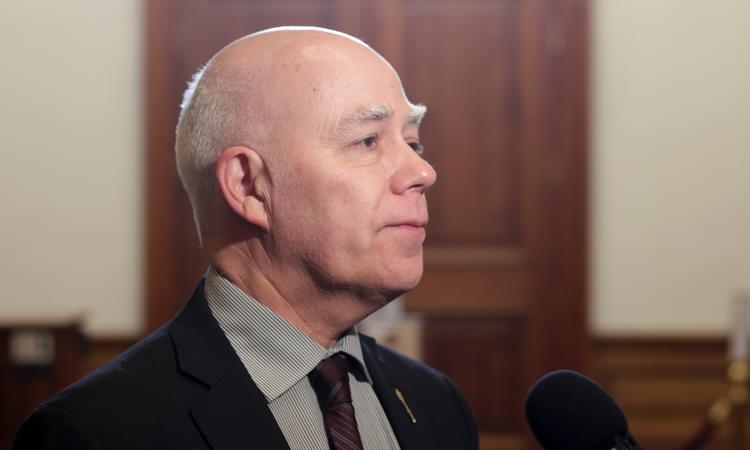Election cyberthreats? There’s no plan for that – Telegraph Journal – 19 April 2018
“It’s unnerving. Absolutely, it’s a concern, this just puts another demand on us.” – David Coon
Article by: KATRINA CLARKE
New Brunswick’s upcoming election could be vulnerable to external threats, says a cybersecurity expert, and the body that oversees elections says it doesn’t have a plan if the election is targeted.
David Shipley, CEO of Fredericton-based Beauceron Security, said third parties who have a vested interest in the outcome of the September election – or even thrill-seekers looking to throw a wrench into the works – could easily spread false information online, impersonate politicians and hack political websites.
And if it happens, what Elections New Brunswick will do – if anything – is unclear. “We’re still grappling with this as an emerging issue,” said Kim Poffenroth, chief electoral officer with Elections New Brunswick. “[We’re] really uncertain as to what our role should be or even if there is a role for us to play.”Poffenroth said if a third party circulated misinformation about the voting process – including where or when to vote – Elections New Brunswick would take measures to correct the false information.Beyond that, the electoral body can’t say at what point it would step in, she said. “It’s a bit of a wait and see,” she said regarding how Elections New Brunswick would respond to a threat.
Elections New Brunswick’s mandate, as listed on its website, is “to conduct free and fair elections for New Brunswickers, to facilitate compliance with electoral laws, and to advance public awareness of and confidence in the electoral process.”
Shipley said that while New Brunswick is unlikely to be the target of sophisticated techniques believed to have been used by Russia to influence the 2016 presidential election in the United States, the province could be at risk for smaller scale invasions, such as the handful of Twitter bots that appear to have been used to disrupt the recent Ontario
Progressive Conservative leadership race. “The potential is there,” Shipley said. “It’s a question of will someone take advantage of it.”Groups could also try to influence the election through malicious parody accounts – for instance, accounts that pretend to be the premier and spread false messages – hacking insecure websites of political parties and manipulating news coverage by leaking false information to reporters. Ultimately, these actions drive a false narrative and pose a threat to democracy, Shipley said.
“It’s unnerving,” said David Coon, Green Party leader.Coon said the Green Party’s website was hacked in 2014, after which it strengthened some security measures. But the party hasn’t done much to protect its website or social media accounts since, he said, citing costs.
“Absolutely, it’s a concern,” he said. “This just puts another demand on us.”

